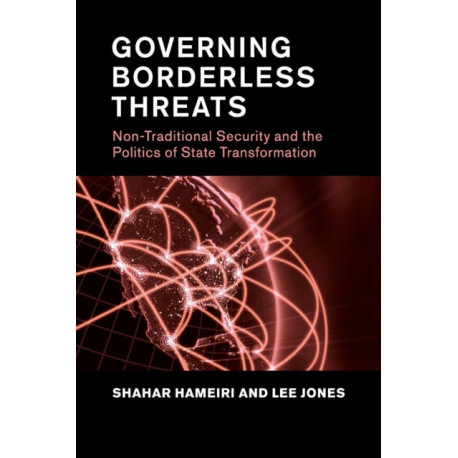
Scholarly works are often embedded with the intention to seek fame, potentially more funds, and faculty tenure (3Fs). Ironically, all three motivations are so powerful and engrossing that academics often lost sight of the 3Fs, and end up pushingout pages that no one can understand. The effects are disastrous in two ways.
First, readers/students that want to get ahead of the curve, potentially future policy makers and politicians, end up reading popular, folksy, and easily accessible books. Before long, they end up as avid fans of Thomas Friedman, Fareed Zakaria, Mohammad El-Erian, Nouriel Roubini and a host of other authors who have made material more digestible. When readers/students are caught in this lair, they hardly emerge intact, if at all. They will have utter contempt for those who cannot write in a breezier manner; producing much vitriol against academics, that in a way, signals the erosion of the knowledge-based society.
Second, readers/students who reject complex academic studies that seem to meander endlessly will find themselves wondering if they can ever get the subject right? In other words, they will lose the ability to discern and understand the subject matter deeply. Before long, the readers/students will probably not pick up another book of the same topic, except to experience a sense of self-importance, as and when s/he wants to rekindle her/his interest.
Thus, if one believes that the pen is mightier than the sword, the same pen, if allowed to wax lyrical on a subject without any proper direction, can also sever readers/students from academia completely and renderthem into random quarks that cannot be reunited with their intended field.
This book, written with the best intention to explain how state and security governance can change and morph at the local and administrative levels, what the authors called the “implementation stage” is an exercise in the superb mastery of the academic literature on non-traditional security across various divides. First, the authors delved into the Copenhagen School, then the Paris School, and the Neo Gramscian and Post Structuralist frameworks. But by burrowing so deeply into these discourses, they actually risk losing their readers/students. But, just when the readers/students are about to give up, the constant use of footnotes and alternative sources, helped them to stay on. Why?
Well, precisely because Lee Jones and Shahar Hameiri have shown enormous zeal to capture the subject, indeed, to explain it thoroughly; especially at the concluding chapters. The subjects are not the usual thoroughfare of international relations. They verge on the avian flu in Indonesia and Thailand, environmental haze in Southeast Asia and money laundering in Vanuatu. Credit has to be given to the authors for such deliberate and concise efforts.
Secondly, this book has outshone the focus on nontraditional security that has been documented and produced by the scholars at the Rajaratnam School of International Studies in Nanyang University. While Dr. Mely Anthony Caballero has done an outstanding job of writing about these issues, even taking up a role in the ASEAN Secretariat, her grasp of the materials hasn’tt reached the depth and breadth of these two authors. Indeed, nor can the same be said of the Japanese scholars in Waseda University who have been working tirelessly on operationalizing the concept of “human security,” or “comprehensive security.”
In a way, nontraditional security is an adjunct of “human security” and “comprehensive security”, too. Japanese scholars, especially those connected to the Ministry of Foreign Affairs in 1990s, have been latching on to them. Within the lexicon of ASEAN, scholars and policy makers have tried to focus on “preventive diplomacy” as once pioneered by Boutrous-Boutrous Ghali, the Secretary General of the United Nations.
But what the authors want to see is the manner by which the apparatuses and mechanisms of addressing nontraditional security begins to evolve and change. In fact, once a state has declared something of an imminent threat, are there any follow up actions? And, are they sustainable? To be sure, the authors may well still be looking for 3 Fs. But given the copious footnotes and references and field work they have done, they do deserve all 3 Fs, if not just one: faculty tenure! The issue is do they want to label their approach as London-Murdoch School of Thought, consistent with what the Copenhagen and Paris Schools have done ? And, if the designation, for the first time in international relations, does acknowledge the importance of sister-city collaboration, then the snob appeal of confining a school of thought to a city would begin to diminish and in so doing lay out the challenge as a truly global one.
